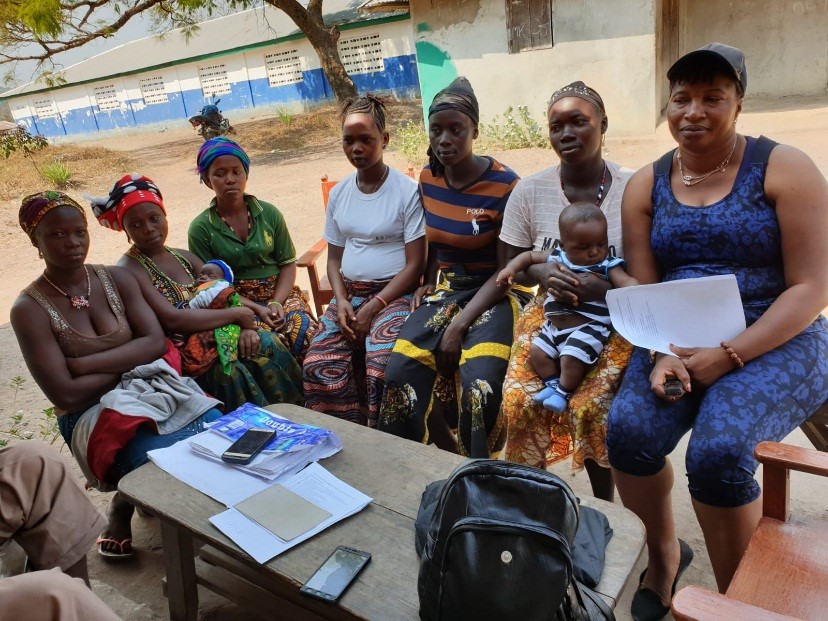Balanced empowerment, better world: The case of Kuranko Community, Kalian Chiefdom in Sierra Leone, West Africa
By Dr Olayide Ogunsiji & Ms Margaret Jabbie.
International Women’s Day theme for this year “better the balance, better the world” aligns perfectly well with global and continental policy frameworks. Particularly, the African Union’s Agenda 2063 and the United Nations Agenda 2030 for Sustainable Development which put strong emphasis on gender equality and women empowerment (United Nations Development Plan, 2015; African Union Commission, 2015).
Sustainable development goal 5 of Agenda 2030 seeks to achieve gender equality and empower all women and girls; while Africa’s agenda 2063 relies on gender equality and women empowerment as one of the strategies for boosting the continent’s quality of life measures. In achieving this and other goals, the United Nations’ further emphasised “that no one will be left behind” (United Nations General Assembly, 2015, p. 1). How all these laudable aspirations apply to Kuranko Community in Kalian Chiefdom, Sierra Leone, West Africa was the yearning of Dr Olayide Ogunsiji, School of Nursing and Midwifery and her co-researcher, Ms Margaret Jabbie in their research titled, “Understanding of health, wellbeing and empowerment of young women in a rural village of Africa”.
Using a Primary Health Care Approach, we assessed the women’s health in the community with an assessment tool called Social Determinant of Health Assessment Circle. Margaret went to Sierra Leone in January this year, 2019 for the community assessment and data collection. Preliminary findings from this mixed method research revealed that geographically, Kuranko community of Kalian Chiefdom with a population of 25,000 to 30,000 people is located in a very remote area of West Africa (129 Km from the nearest metropolitan city). A girl child that survives infant mortality is exposed to the detrimental health risk of female genital mutilation in this community where about 95% of girls and women are circumcised. There is gross male preference, and gender roles make young women in the community vulnerable to teenage pregnancy, early marriage, illiteracy and then perpetuation of poverty chain. With a 20kg bag of rice a teenage girl is betrothed into marriage. Many young women are married into a polygamous family system. As a result, there is a perpetual dependence on their husbands, many of whom are old enough to be their grandfathers. In terms of health services and resources, a medical doctor visits the community once a month, there is no registered nurse and the only community centre is run by an enrolled nurse. More than 96% percent of the women are not in paid employment and their per capita income level is equivalent to AU$30 per month.
As we celebrate 2019 International Women’s Day, core messages of gender equality and empowerment need to reach rural and remote areas similar to Kuranko community of Kalian Chiefdom where it is most needed. Happy International Women’s Day!

Young school aged women who have dropped out of School due to teenage marriage
March 2019
Mobile options:

